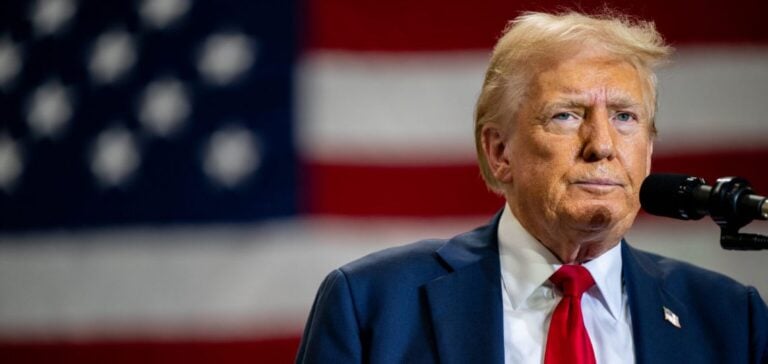Donald Trump’s election as President of the United States marks a turning point for global climate policy. As the world’s second-largest emitter of greenhouse gases, the United States plays a key role in climate negotiations and emission reduction commitments. However, Trump’s re-election could weaken these efforts and profoundly shift the global outlook on combating climate change.
Trump’s position, favoring the oil sector and skeptical of climate change, contrasts sharply with the policies of his predecessor, Joe Biden, who had strengthened initiatives to curb carbon emissions. During his campaign, Trump promised a massive expansion of oil drilling and questioned the reality of climate change, emphasizing the significance of America’s natural resources. According to him, the U.S. possesses greater reserves of oil and gas than Saudi Arabia or Russia, which, in his words, should be fully exploited.
International Implications of U.S. Climate Policy
A U.S. withdrawal from climate commitments could encourage other nations to reconsider their own targets. Starting in January, Trump could restart the process of withdrawing from the Paris Agreement, a move that would severely weaken global commitments. Signed in 2015, this agreement aimed at ambitious reductions in greenhouse gas emissions to keep climate change within an acceptable range. The U.S. had pledged to halve its emissions by 2030, a goal that would be harder to achieve with this shift in policy.
Laurence Tubiana, architect of the Paris Agreement, warns of the risk of “contagion” from this decision: a U.S. withdrawal might influence other major economies, such as China and India, to scale back their climate efforts as well.
Direct Consequences for CO2 Emissions
A recent analysis by Carbon Brief suggests that a Trump presidency could lead to an increase of 4 billion tons of CO2 equivalent by 2030 compared to projections under a Democratic administration, equivalent to the combined annual emissions of Europe and Japan. This rise in emissions would have a direct impact on global warming, further undermining climate stability.
Revoking Environmental Standards
Trump has committed to repealing regulations imposed by the Biden administration, particularly those concerning coal-fired power plants and vehicle emissions. Restrictions aimed at accelerating the shift to electric vehicles could be lifted, slowing the adoption of renewable energy in transportation. Additionally, he plans to lift the moratorium on natural gas liquefied natural gas (LNG) export terminals, giving a further boost to fossil fuel industries.
Biden’s Inflation Reduction Act (IRA) policy, which allocated massive investments in clean energy, could also be rolled back. Trump plans to cancel any unspent funds from this act, thereby ending tax credits and investments in green infrastructure. However, these changes would likely face legal challenges, with proceedings expected to last months, if not years.
Impacts on Vulnerable Countries
The abandonment of U.S. climate initiatives would have profound consequences, especially for nations most vulnerable to climate impacts. Leah Stokes, a political scientist and climate expert, points out that U.S. disengagement threatens global efforts to mitigate the devastating effects of climate change, such as hurricanes and rising sea levels, which primarily impact poorer countries.
Joyce Banda, former president of Malawi, also expresses her concerns for developing nations, often the first to suffer from natural disasters. She emphasizes that these countries, although less responsible for global emissions, bear the brunt of climate disruptions.
Climate, a Key Issue for the Future
As the world enters a critical decade to limit global warming, U.S. climate policy could shape international decisions. Johan Rockström, of the Potsdam Institute for Climate Impact Research, warns that the next four years could represent a “pause the world cannot afford.” U.S. leadership on climate issues is therefore a determining factor for the future of the Paris Agreement and the global energy transition.






















